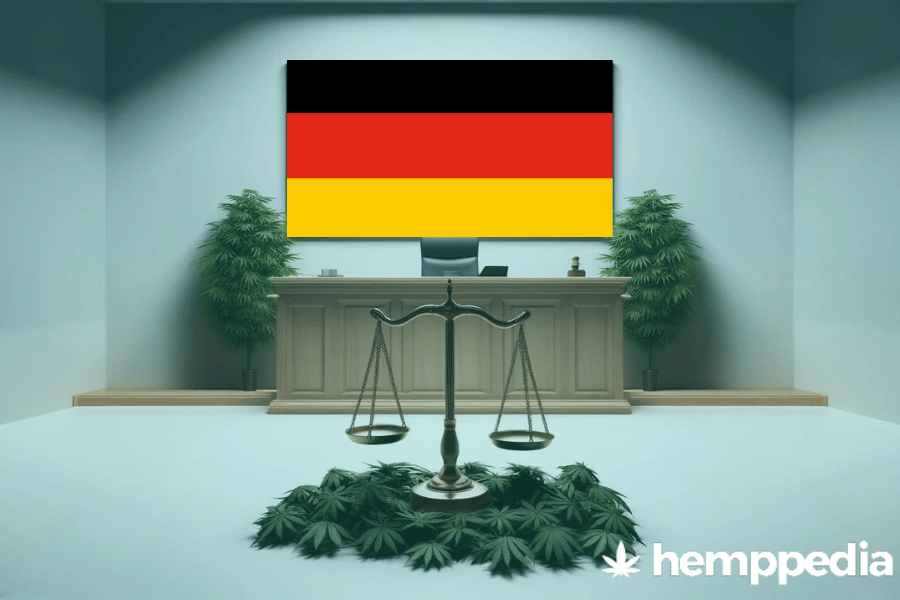TL;DR
The legal framework for cannabis in Germany differentiates sharply between recreational and medical use. Recreational cannabis remains illegal with certain exceptions for possession in small amounts, while medical cannabis is legal under strict conditions. The table below provides a concise overview:
| Recreational Use | Medical Use | |
|---|---|---|
| THC | Illegal | Legal with prescription |
| CBD | Legal | Legal |
Introduction
Cannabis legislation is a topic of growing significance globally, with countries adopting a range of approaches from full legalization to strict prohibition. Understanding these laws is crucial as they affect economic, social, and public health domains.
Global Trends
There is a noticeable trend toward the legalization and decriminalization of cannabis in several countries, which contrasts with others that maintain or are introducing stricter controls.
Overview of Cannabis Legislation
Before diving into specific legal details, it’s important to define key terms used in cannabis legislation discussions:
- Legalization: The process of removing legal prohibitions against cannabis.
- Decriminalization: Reducing or eliminating criminal penalties related to cannabis, often applied to possession of small amounts.
- Medical Use: Cannabis prescribed by a doctor to treat health conditions.
- Recreational Use: Cannabis used without medical justification.
State-Specific Legal Details
Legal Status
Cannabis remains illegal for recreational use in Germany, with some leniency towards possession of small amounts for personal use, which may not lead to prosecution. Medical cannabis, however, has been legal since March 2017 when the German government passed legislation allowing doctors to prescribe cannabis products for serious health conditions.
Historical Context
The history of cannabis in Germany is complex, influenced heavily by shifting political and social tides. Recent years have seen significant changes, particularly with the legalization of medical cannabis.
Possession and Use
German law prohibits recreational cannabis use, with possession of small amounts decriminalized to varying extents across different states. Medical users must have a prescription and are subject to regulations similar to other prescription medications.
Cultivation and Distribution
Cultivation of cannabis for personal use remains illegal. Medical cannabis is strictly regulated, with cultivation permitted only by companies that have obtained the necessary licenses from the government. Distribution is handled through pharmacies.
Enforcement and Penalties
Enforcement of cannabis laws varies, with penalties ranging from fines to imprisonment for serious offenses. Medical cannabis users must comply with the prescription and purchase through authorized channels to avoid legal issues.
Medical Cannabis
Medical cannabis in Germany is available for conditions such as chronic pain, nausea from chemotherapy, and severe muscle spasms, among others. Patients need a prescription from a licensed physician and must be registered with the government.
Social and Economic Impact
Studies suggest that the legalization of medical cannabis in Germany has led to important social and economic impacts, including reduction in crime rates and improvement in patient quality of life.
Comparative Analysis
Comparing Germany’s cannabis policies with those of other countries reveals significant differences, especially when looking at countries that have legalized recreational use. These differences highlight the complex nature of cannabis legislation and its impacts on society.
Future Outlook and Ongoing Debates
The future of cannabis legislation in Germany is poised for change with ongoing debates about the potential legalization of recreational use. Public opinion is increasingly in favor of more liberal policies towards cannabis.
Conclusion
The legal situation of cannabis in Germany is marked by strict regulations for recreational use and controlled medical access. As global perspectives on cannabis continue to evolve, Germany’s laws may change in response to new evidence and public opinion.





